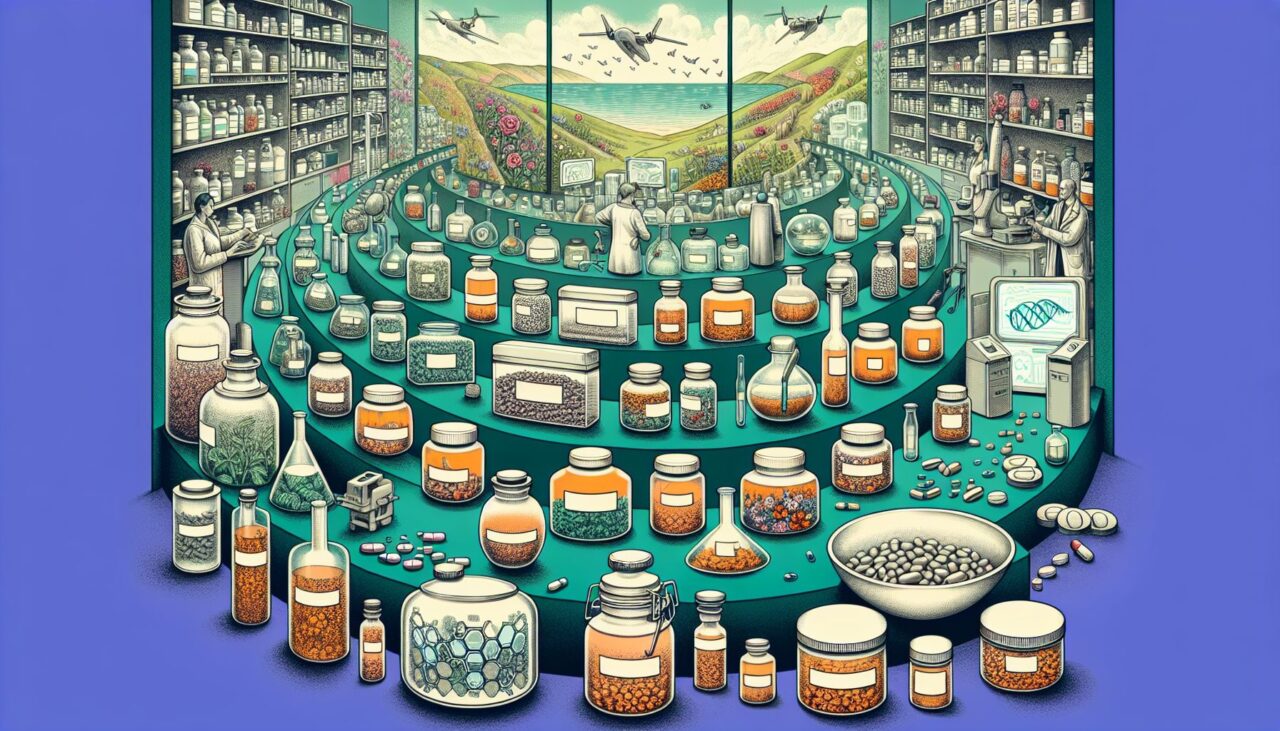In today’s fast-paced and ever-evolving world, the pharmaceutical industry plays a crucial role in the healthcare sector. With advancements in technology and increased awareness of health, the pharmaceutical world has witnessed significant transformations. In this blog post, we will explore how this industry is evolving and the impact it has on our lives.
The Introduction of Personalized Medicine
Gone are the days when medications were a one-size-fits-all solution. The emergence of personalized medicine has revolutionized the pharmaceutical landscape. Personalized medicine utilizes genetic and molecular information to tailor treatments to an individual’s specific needs. By understanding a patient’s unique genetic makeup, healthcare professionals can administer drugs that are more effective and have fewer side effects. This breakthrough has not only led to better patient outcomes but has also paved the way for a more targeted approach to drug development.
The Rise of Biotechnology
Biotechnology is a rapidly growing field within the pharmaceutical industry. It involves the use of living organisms or their systems to develop drugs and therapies. Through biotechnology, scientists can engineer proteins, antibodies, and other molecules to target specific diseases. This approach has led to groundbreaking treatments for previously untreatable conditions, such as gene therapies for inherited diseases and immunotherapies for cancer. The integration of biotechnology into the pharmaceutical world has opened up new avenues for research and development, providing hope for patients and healthcare providers alike.
The Importance of Data and Technology
Data and technology have become indispensable tools in the pharmaceutical world. With the increasing availability of electronic health records and wearable devices, vast amounts of data are being generated, enabling researchers to gain valuable insights into patient populations. This wealth of information allows pharmaceutical companies to identify trends, develop better-targeted therapies, and streamline clinical trials. Additionally, technology has revolutionized drug discovery and development processes, accelerating the timeline for bringing new treatments to market. Novel techniques, such as artificial intelligence and machine learning, are being utilized to analyze vast datasets, identify potential drug targets, and predict the efficacy of new compounds. The marriage of data and technology is transforming how pharmaceutical research is conducted, leading to more efficient and precise drug development.
The Growing Focus on Rare Diseases
In recent years, there has been a growing focus on rare diseases within the pharmaceutical world. While individual rare diseases may affect a small number of people, collectively they impact millions worldwide. Recognizing the unmet medical needs of these patients, pharmaceutical companies are investing in research and development specifically targeting rare diseases. The development of orphan drugs, which are medications designed to treat rare conditions, has increased significantly. This shift in focus has brought hope to those affected by rare diseases, who previously had limited treatment options.
Conclusion
As we navigate the complexities of our modern healthcare landscape, the pharmaceutical industry continues to adapt and innovate. The introduction of personalized medicine, the rise of biotechnology, the integration of data and technology, and the growing focus on rare diseases are just a few examples of the transformations taking place. These advancements are improving patient outcomes, accelerating the drug development process, and providing hope to individuals facing previously untreatable conditions. With a commitment to research and development, the pharmaceutical world is paving the way for a healthier and brighter future.
